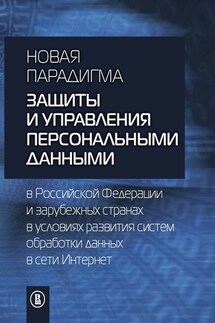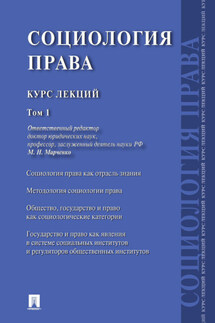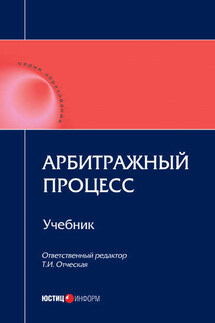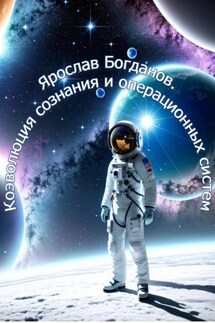Рефлексивные процессы и управление. Сборник материалов XI Международного симпозиума 16-17 октября 2017 г., Москва - страница 15
Keywords: intellectual traditions; first-order cybernetics; second-order cybernetics; third-order cybernetics
Characterizing the Russian intellectual tradition in comparison with the American intellectual tradition requires describing several points. Therearefundamentaldifferences. Among the most important differences, from our point of view, are the following:
1. Different interpretation of some fundamental concepts, for example, the definition of "development". "Development" has been interpreted in the West mostlyin terms of technology and science (a technocratic view of the term). Technologicalprogressisamainstreamidea. ButRussian civilization interprets "development" as transfiguration, self-perfection, vanquishing sinin people (a spiritual view of the problem).[Platonov, 2010]
2. The scientific implications of such a different understanding of fundamental ideas can be illustrated by the American and Russian development of the idea of I. P. Pavlov on the "conditioned reflex".Pavlov discovered a conditioned reflex while experimenting with animals as a physiologist. Later he learned that American psychologists were experimenting in the same way. He wrote about the difference between his work and the American work by noting that the practical American mind found that it is more important to know the external behavior of a man, than to guess about his internal state. The American science of behavior teaches us to act in the right (instrumentally successful) way. Russianpsychologyteachesusto make right (ethical) decisions.
3. Many Russian scientists often used different foundation for their process of thinking, they strove to build a better world, to include ethics and spirituality in scientific theories (N. A. Berdyaev, N. G. Chernyshevsky, and others). The first systematic critiques of classical rationalism as a scientific position were formulated in Russia. (Although rationalism led us to the gate of truth, it is fated not to open the gate. I. Odoevsky).
Russians feel a need to understand the world as a whole. Therefore, they emphasize different patterns in the world, society and nature than are emphasized in the Western intellectual tradition. For example, academician N. N. Moiseev stressesed that the formation of a global collective consciousness lays the foundation for the development of an information society. He wrote: "The notion of collective consciousness is a fundamental notion of civilization… Civilization itself could not emerge without development of a collective consciousness. This phenomenon emerges as an effect of the necessity and possibility of information exchange among individual consciousnesses, evolution of collective memory and organisation of collective efforts in decision making." [Moiseev, 2000] Western academics are more likely to speak about "shared beliefs and values" rather than a "collective consciousness."
4. Russians prefer a systematic approach and have a tendency to create general theories. Examples are such well-known names as N. I. Lobachevsky, D. I. Mendeleev, A. A. Bogdanov, N. F. Fedorov, V. I. Vernadsky, K. E. Tsiolkovsky and others.
Hence, Russian scientific thinking can be characterized by thesystems approach, a striving to create general theories, including a moral component in them,and acceptance of irrationality.









